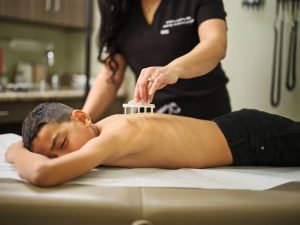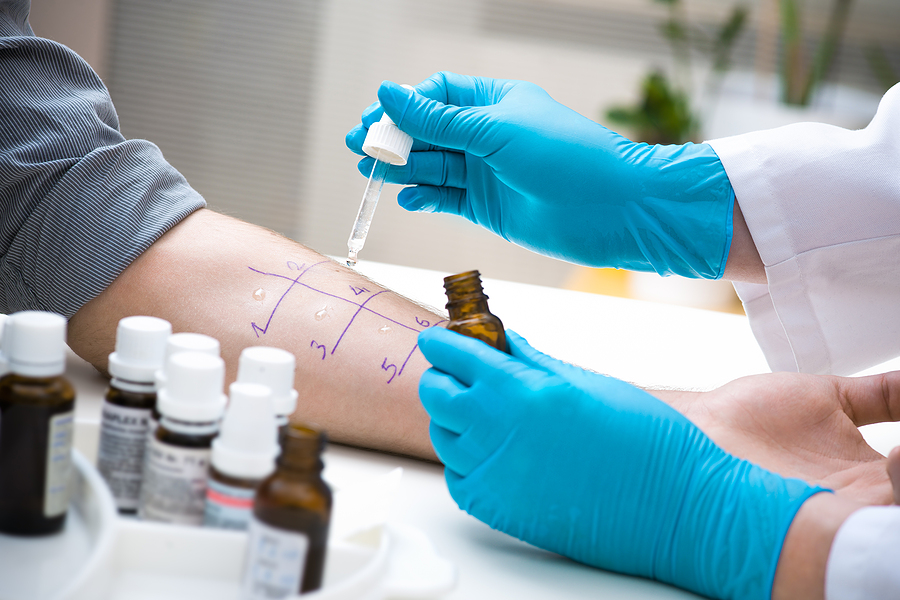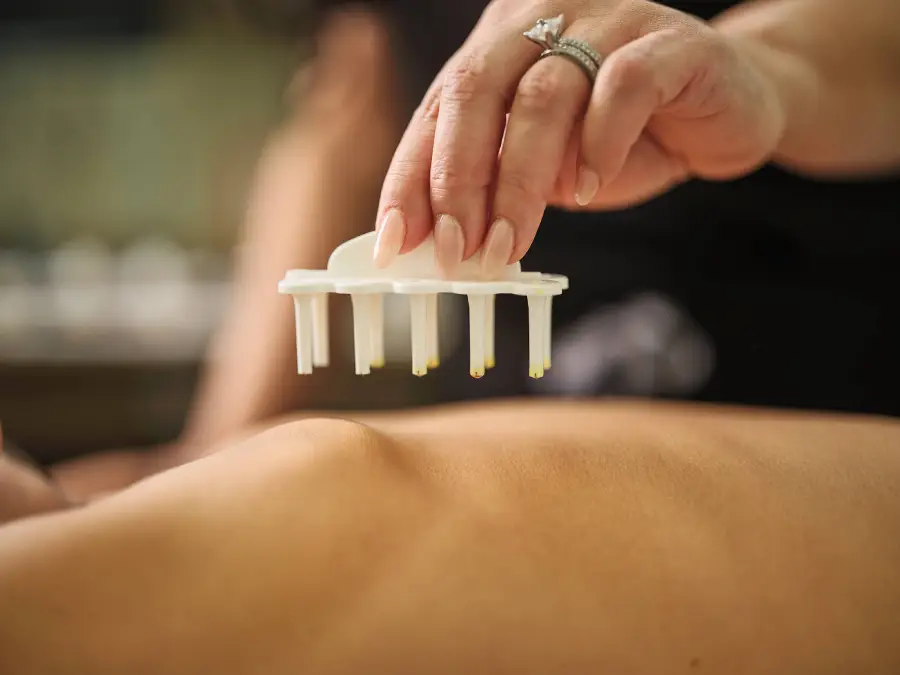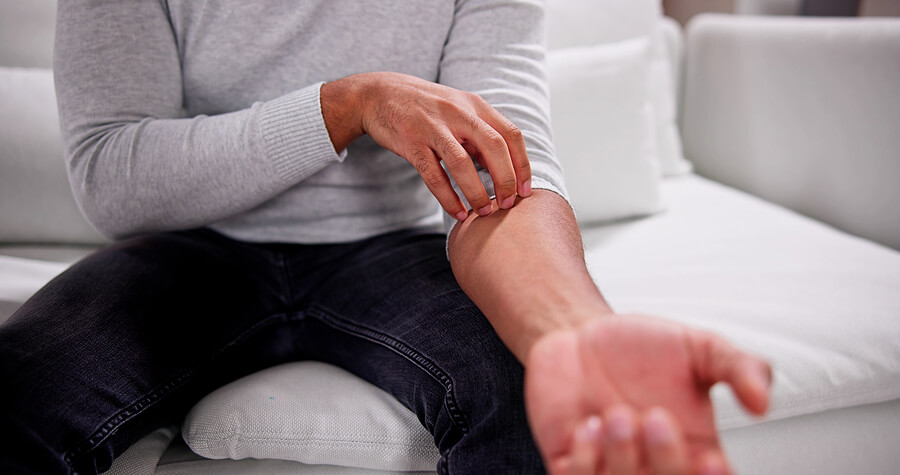
What is allergy skin testing, and why might I need it?
Allergy skin testing is a common and straightforward procedure that helps figure out what’s causing your allergies. Skin prick testing involves placing small amounts of common allergens on your skin and gently pricking or scratching the surface. Skin prick testing is used to identify allergies to pollens, animal danders, molds, dust mites, and also medications or insect stings.
Sometimes, another type of skin testing called Intradermal testing, is used as well. With intradermal testing, a small amount the allergen is injected just below the surface of your skin of the upper arm using a very thin needle. This allows your local Fresno allergist to see if your body reacts to the allergen by causing a small bump or redness at the injection site. It’s typically used for testing allergens that may not show up as strongly with the standard skin prick test.
Both types of allergy skin tests are done right in the office during your visit. You’ll need to wait for about 15 minutes to see if your skin reacts to any of the allergens after the tests are applied. It’s usually painless and feels like a mild pinch or itch.

What happens before and after allergy skin testing?
To prepare for an allergy skin test, it’s important to talk to your allergist about any medications you’re taking, especially antihistamines, as they can interfere with the test results. Your allergist will advise you on when to stop taking antihistamines before the test, typically several days to a week prior, to ensure accurate results. Additionally, avoid using any skincare products on the test area beforehand, as they could affect the test outcome. Wear loose-fitting clothing to allow easy access to the areas being tested, usually the back or forearm. Staying hydrated by drinking plenty of water before the test can also help ensure a comfortable experience. Following these steps will make your allergy skin test go smoothly and provide rellable results to guide your allergy management.
After the test, your California allergist will check your skin for any reactions. If you’re allergic to certain substances, you may notice redness, swelling, or itching at the test sites. Don’t worry, these reactions usually go away on their own within a few hours. Your allergist will discuss the results with you and help you come up with a plan to manage your allergies, which may include avoiding your triggers and possibly starting treatment like allergy medications or immunotherapy.

Who can do allergy skin testing?
Allergy skin testing can be performed at any age, from infants to adults. It is generally safe and well tolerated by all ages. However, the technique used may vary depending on the age and size of the patient. Infants and young children typically undergo skin prick testing, while older children and adults may also have intradermal testing. A top Fresno allergist will determine the most appropriate testing method based on your age and individual circumstances.
